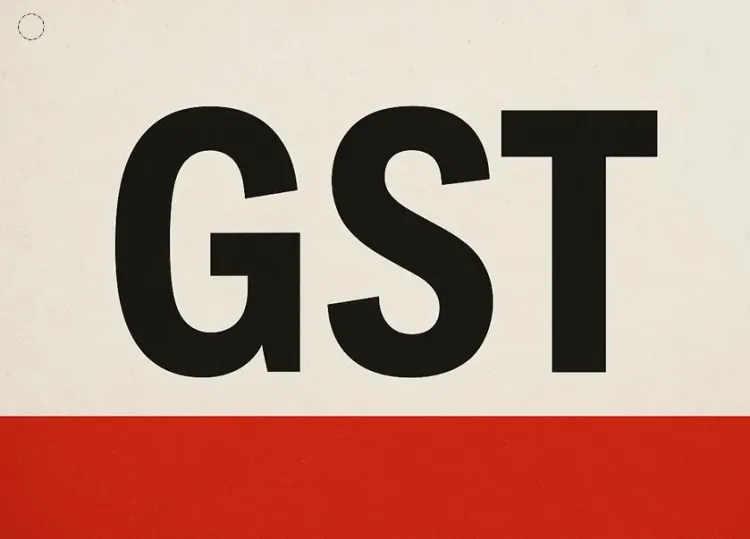How Will GST 2.0 Affect Popcorn Taxation?

Synopsis
Key Takeaways
- Salted popcorn now attracts 5% GST.
- Caramel popcorn continues at 18% GST.
- The decision aims to eliminate confusion in popcorn taxation.
- This change reflects consumer preferences and market dynamics.
- It marks a significant development in the ongoing popcorn controversy.
New Delhi, Sep 4 (NationPress) The GST Council has resolved the protracted discussion regarding the taxation of popcorn in India. Under the newly introduced GST 2.0 framework, popcorn seasoned with salts and spices will incur a 5 percent GST, irrespective of whether it is sold loose or in pre-packaged and labelled formats.
The Council has determined that this type of popcorn maintains its “essential character” as a snack.
In contrast, caramel popcorn is classified differently. Since it meets the criteria for sugar confectionery, it will continue to be subject to an 18 percent GST.
This clarification was part of the government's recently released list of items under revised GST rates.
Previously, the taxation of popcorn had been quite perplexing. Salted popcorn was taxed at 5 percent GST when sold loose, but the rate increased to 12 percent if it was branded and packaged.
Caramel popcorn has consistently faced an 18 percent tax. This dual taxation system caused confusion for small vendors and large cinema operators alike.
The “popcorn controversy” has been ongoing since the initial rollout of GST in July 2017.
Initially, loose popcorn was exempt from tax, while packaged popcorn faced a 12 percent GST.
Cinema operators argued that popcorn sold at their counters should be taxed similarly to restaurant services at 5 percent, rather than as a packaged item.
By 2019, the GST Council clarified that popcorn sold in cinemas would be taxed at 5 percent, while branded packaged popcorn would remain at 12 percent. However, this split structure led to further confusion and even legal disputes.
In 2022, the Multiplex Association of India called for uniform treatment, asserting that popcorn sold in theatres was “freshly prepared” and should not be equated with FMCG products.
The debate reignited in 2023 when the Council began contemplating the rationalization of tax slabs, especially as the rising prices of cinema snacks became a hot topic among consumers.









